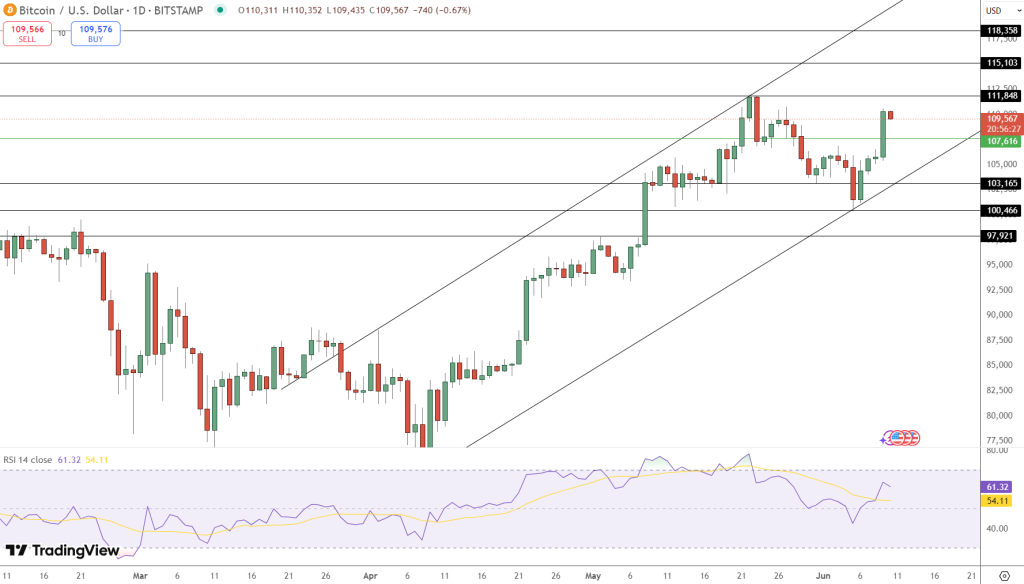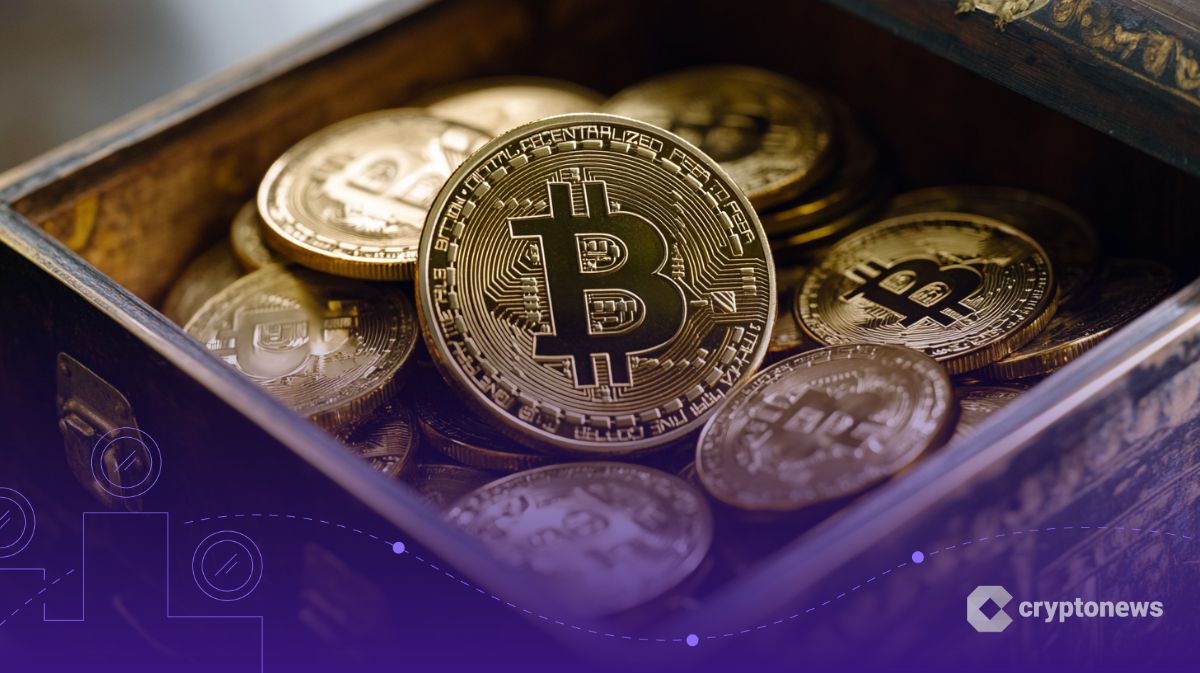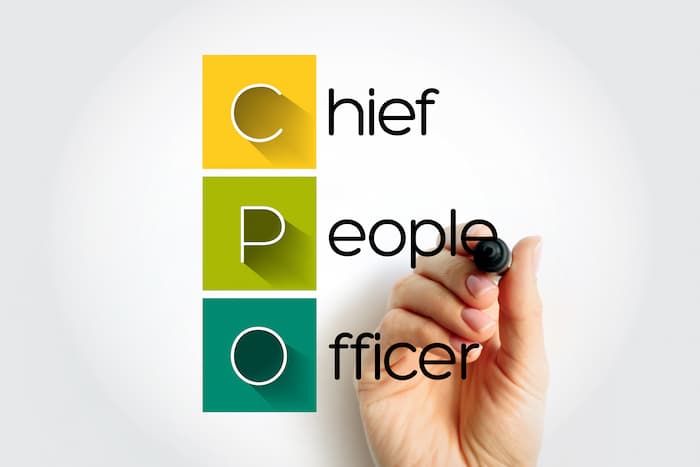SoftBank is prepared to commit close to $9bn a year to artificial intelligence investments, even as the Japanese tech group holds back firepower for bigger deals aimed at accelerating what could be its most radical transformation to date.
Founder Masayoshi Son has been vocal about his belief in AI and the need to reshape the company in the hunt for deals that can support the group’s crown jewel, UK-based chip designer Arm, which has soared in valuation since it went public last year.
SoftBank’s outlay for investments and commitments has more than doubled to $8.9bn in the 12 months since Son said the company was ready to go on the “counteroffensive”. SoftBank said it was ready to maintain, or even exceed, the amount for the right mega-deal.
“We will, in principle, be keeping the same kind of trend in terms of the pace of investment activities,” SoftBank’s chief financial officer Yoshimitsu Goto told the Financial Times. “From now on, we want to step up investments in AI companies.
“The reason we’ve been keeping our balance sheet at a very safe level is because we would like to be prepared,” he added, “and we would like to be flexible if there is anything that we would like to move on.”
Son built SoftBank from an internet broadband business into a regulated mobile phone network company, snapping up Vodafone Japan and Sprint along the way. He then radically transformed the group into an investment giant with backing from Saudi Arabia and Abu Dhabi, while also capitalising on a wildly successful investment in Alibaba.
In his belief that AI will be the source of future growth, the billionaire is attempting to reshape SoftBank, and its risk-taking Vision Funds, to remain relevant in what he considers humanity’s next stage.
However, it faces stiff global opposition. Big tech groups such as Microsoft, Amazon and Google have committed billions of dollars to partnerships with start-ups building AI models, while top venture capital firms are hunting for deals with groups building AI products and applications.
SoftBank has also suffered in recent years from some of its bigger investments, including about $14bn in WeWork before the desk-renting start-up went bankrupt.
The group’s balance sheet has been strengthened since those darker moments and, on Wednesday, rating agency S&P upgraded SoftBank back to double B plus, its highest non-investment grade, citing an “improvement in asset quality”.
That increasing strength gives SoftBank capacity to do a large-scale deal, but Goto said he would not allow its finances to be stretched in that pursuit.
Highlighting a loan-to-value ratio of about 8.5 per cent and a net asset value of ¥27.8tn ($180bn) — driven by Arm — SoftBank’s CFO said it had the balance sheet capacity to make big deals worth tens of billions of dollars. But he cautioned that investors should not expect SoftBank to finance such moves alone or without using structured or non-recourse financing.
“That [strength] doesn’t mean that we are ready to spend $10bn, $20bn, $30bn . . . that’s not something that we expect to come out from our balance sheet,” he said.
Dealmaking appears to be picking up. SoftBank this month led an investment of more than $1bn into UK self-driving car start-up Wayve, marking Europe’s largest AI deal to date.
Son was personally involved in the deal because of its size and the fact that it was an AI-related investment, said Kentaro Matsui, head of new business at SoftBank and a managing partner in its Vision Funds.
Goto has also outlined some areas that he sees as ripe for the kind of investment needed in order to help the AI sector grow and benefit Arm, including power generation and data centres.
But he refused to comment on press reports that Arm and SoftBank were considering producing an AI chip. The group is also in talks to buy another UK chip designer, Graphcore, according to a person familiar with the discussions. SoftBank declined to comment.
Having stepped back from presenting earnings more than a year ago, Son is due to speak at SoftBank’s annual shareholders’ meeting in June, when Goto suggests he could reveal more details about his AI plan.
For some investors, those plans could distract the group from its core businesses, including Arm and its telecoms subsidiary SoftBank Corporation.
“If you look at their investments, the volatility is such that whether they do $10bn or $20bn doesn’t matter . . . and it will be all or nothing if they go in on AI chips,” said one long-term investor in Tokyo. “Yes, they have Arm and they can write big cheques, but moving from planning to execution is not going to be easy.”
Within SoftBank, however, the direction of travel appears set. Its Vision Funds are already a very different beast from the years when they wrote large cheques to start-ups. They have increasingly shifted from finding investments to exiting in order to deliver returns, and that has led to billions of dollars in sales in the past year.
As its pace of investment slows down, the Vision Funds are increasingly folding themselves into SoftBank, rather than operating as their own fiefdom. This is not least because the vast majority of money left to invest — housed in the second Vision Fund — is Son’s.
The shift has resulted in an increased blurring of roles for executives at the Vision Funds. Last year SoftBank created its so-called Platform Group, which is made up of Vision Funds advisers scouting for AI investment opportunities.
Crucially, those investments are not necessarily made by the Vision Funds but instead are financed through the group’s balance sheet — a decision that is defined by whether SoftBank views the asset as strategic, rather than one which will eventually be sold to realise returns.
“We’ve actually merged and call our international businesses ‘One SoftBank’ internally as a way to remind ourselves that look, the goal is bringing money home,” said Alex Clavel, co-chief executive of SoftBank’s Vision Funds.
This article has been updated to clarify the size of SoftBank’s investment in WeWork
Credit: Source link











